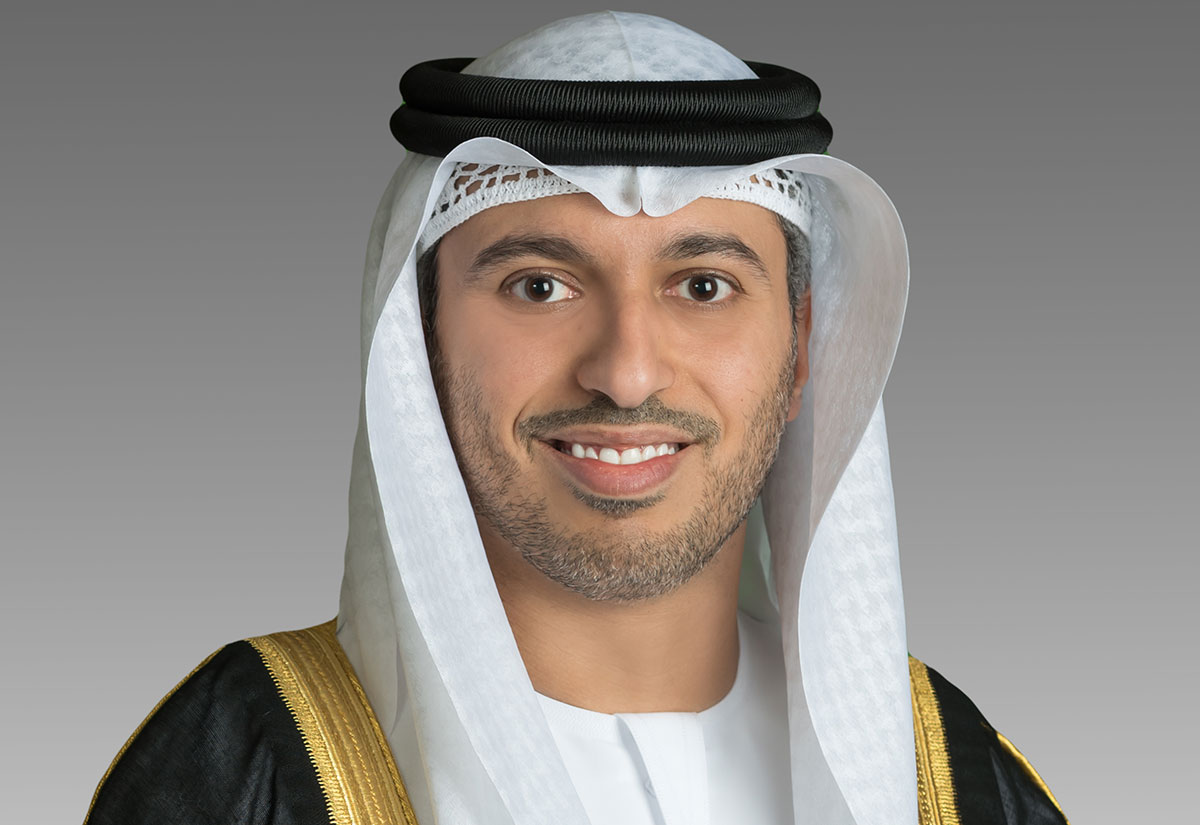Dr Ahmad Al Falasi, chairman of the UAE Space Agency, has expressed cautious optimism ahead of the launch of the Hope Probe to Mars next July.
The unmanned probe – the Arab world’s first mission to Mars – will be launched from Japan, traveling more than 60 million kilometres in nine months before reaching the red planet in December 2021, coinciding with the 50th anniversary of the foundation of the UAE.
On Tuesday, the agency confirmed launch plans for mid-July 2020, with it expected to reach Mars orbit in the first quarter of 2021, the year of the Golden Jubilee of the UAE.
Referring to the Mars mission, he said: “If you look at all the missions before, the attempts and the successful ones, 50 percent fail. It’s a very high risk mission and we do have buffers as well, so fingers crossed we will be this time next year celebrating the launch. But I always say our biggest achievement is not the probe itself, it’s the human capital behind it and the impact we’ve had on the sector.”
Dr Al Falasi was speaking on the sidelines of the fifth anniversary of the UAE Space Agency and just a week after the failure of the Falcon Eye 1 mission.
The European Vega rocket, which was carrying the satellite, took off from Europe’s spaceport in Kourou, French Guiana shortly before 6am UAE time.
Flight VV15 was due to last 57 minutes from lift-off to separation. But Arianespace of Evry, France, which markets the Vega rocket, announced the rocket deviated from its orbit two minutes after blast-off, with the satellite subsequently lost in space.
Dr Al Falasi revealed that investment in the UAE space sector currently stands at $6 billion. This includes tie-ups with Khalifa University and the American University of Sharjah, among others, and a AED100 million investment in the space centre and UAE university in Al Ain.
He added: “We do have a highly qualified, skilled Emirati workforce but that’s limited. We’re looking right now at how to expand that core team and make a bigger, more sustainable human capital that is very well equipped.”
The Hope Probe will be launched with a carrier rocket similar to that used for the launch of satellites, and it will take from 7-9 months to reach Mars.
In its journey to Mars, the probe would need to change its position from time to time to point its solar panels at the sun to charge its batteries, and to point its antenna back at Earth to maintain contact with mission control.
The Hope Probe is expected to collect more than 1,000 GB of new data on the red planet including information on Mars’ meteorological layers. It will study the causes of loss of hydrogen and oxygen gases, the two main constituents of water, from the upper layer of the Martian atmosphere and for the first time, a space exploration mission will be able to take a global picture of the Martian atmosphere.
In April, the UAE Space Agency and Mohammed bin Rashid Space Centre (MBRSC) said that 85 percent of the Hope Probe project had been completed.







